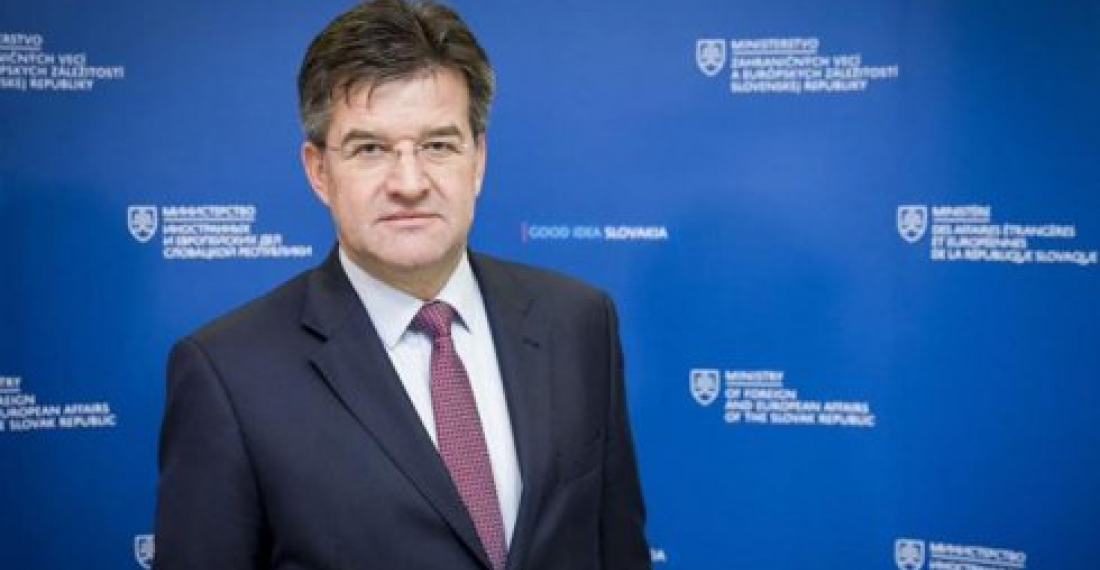On Friday (28 June), Azerbaijani and Armenian officials conducted a civilian prisoner exchange facilitated by the International Committee of the Red Cross (ICRC). The exchange, which reportedly took place in the Ijevan section of the Armenian-Azerbaijani border, has been praised as a confidence-building measure following increasing tensions between the two countries in recent weeks.
The exchange involved the Azerbaijani release of Armenian Zaven Karapetyan, who was detained in Azerbaijan in 2017 after crossing the border. The Armenians at the time claimed he was a mentally ill homeless man, however, the Azerbaijanis convicted him of espionage and sentenced him to 20 years in prison.
Armenia simultaneously released Elvin Ibragimov, who both sides acknowledged had accidentally crossed the border in March this year.
The move was praised by the OSCE Chairperson-in-Office, Slovak Foreign and European Affairs Minister, Miroslav Lajčák, who welcomed the exchange as a “humanitarian gesture, which shows how dialogue can bring about positive results for the people affected by conflict.”
Leyla Abdullayeva, spokesperson from the Azerbaijan Ministry of Foreign Affairs, referred to the exchange as being within the framework of the humanitarian initiatives of the OSCE Minsk Group’s co-chairs following their visits to the region and their meeting in June in Washington. She advocated an ‘all for all’ style of prisoner exchange to reduce tensions.
Armenian Foreign Ministry spokesperson Anna Naghdalyan said that Armenia had stated from the outset that it would return Ibragimov within the humanitarian framework as he had not committed any crimes. Naghdalyan also acknowledged Azerbaijani’s release of Karapetyan.
Sources: commonspace.eu and agencies
photo: OSCE Chairman-in-Office, Miroslav Lajcak






